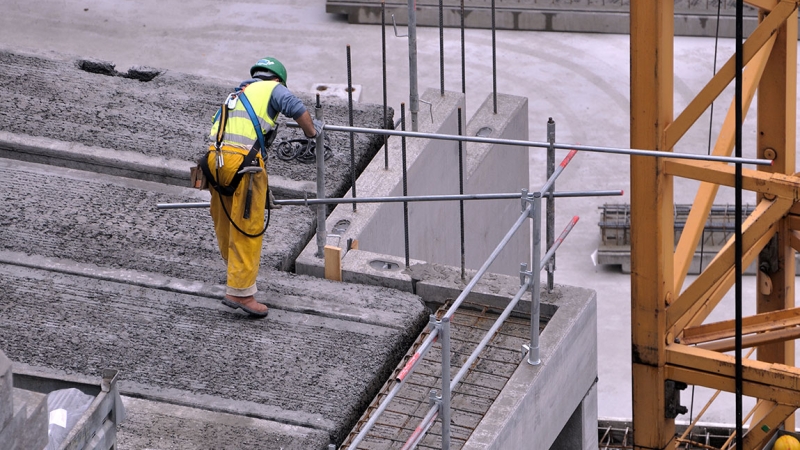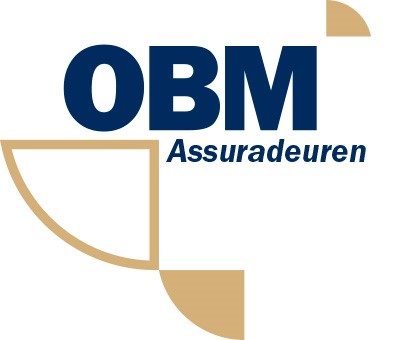On site
Realizing a structure involves a multitude of parties; leading to a coming and going of man and material.
For the principal and the (sub)contractor OBM can offer an extremely fitting CAR-insurance. Your insurance, just like your safety helmet, needs to be a perfect fit. With a coverage that’s too narrow you’ll still be at risk, while leaving your coverage too broad will cost unnecessary extra premium.


For the principal and the (sub)contractor OBM can offer an extremely fitting CAR-insurance. Your insurance, just like your safety helmet, needs to be a perfect fit. With a coverage that’s too narrow you’ll still be at risk, while leaving your coverage too broad will cost unnecessary extra premium.
Just taking out a CAR-insurance does not mean you have your insurance coverage sorted. Several types of damages aren’t settled through the CAR-insurance. The reason for this is its exclusions. Some of the excluded coverage can be obtained through different insurance policies. At a bare minimum, a business liability insurance and an environmental insurance should be part of the insurance package for a construction company.
Next to that, other parties involved in the construction plans, such as the architect or design engineer, should have a professional indemnity insurance with adequate coverage.
The hidden defects insurance offers an ideal opportunity to provide guaranteed periods of insurance coverage for your projects beyond the contract period of your CAR-insurance. To make use of this opportunity an independent inspector from the Technical Inspection Service (TIS) will have to continually assess the project during construction. After completion the inspector will provide the insurance company with his report. The principal can then use this report to reach an agreement with the insurance company about coverage for a period of ten years after completion. This agreement entails coverage for possible construction defects that were unknown at the time of completion. A hidden defects insurance has several added benefits, including (but not limited to): use of an independent inspector, protection against future claims about the quality of construction for the contractor(s), certainty for the principal that there is an insurance coverage to fall back on in the case of unforeseen circumstances.

The advisors we work with can advise you about these forms of insurance. They can explain their necessity while taking into account any specific circumstances within your industry.
